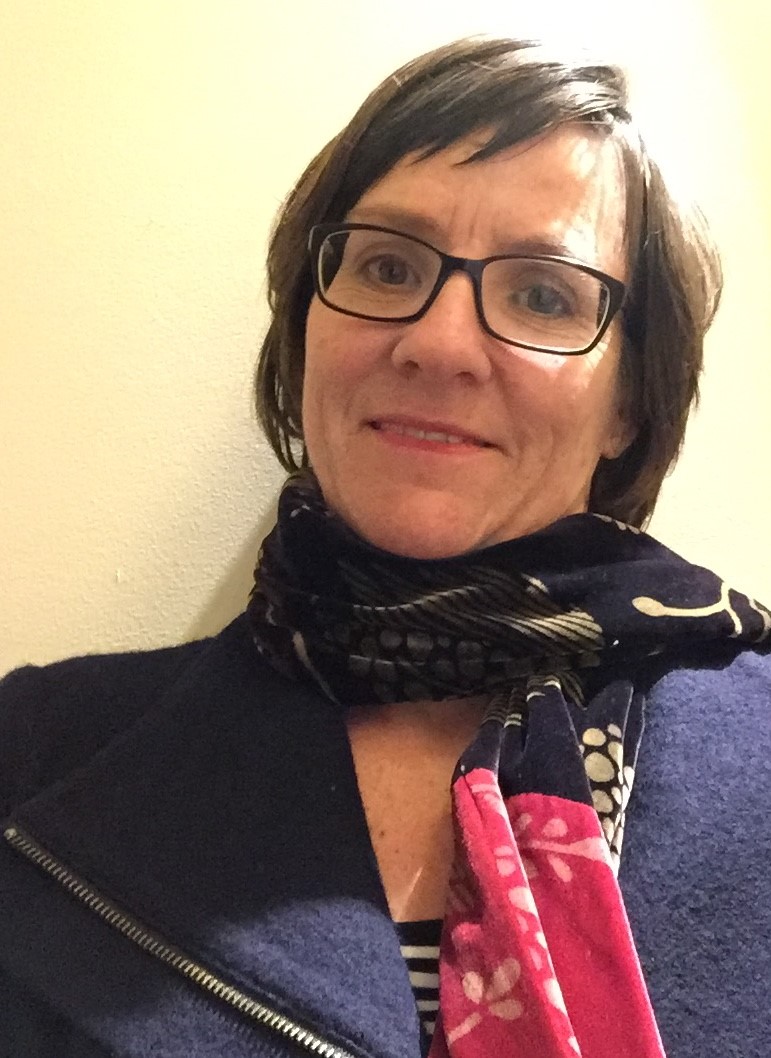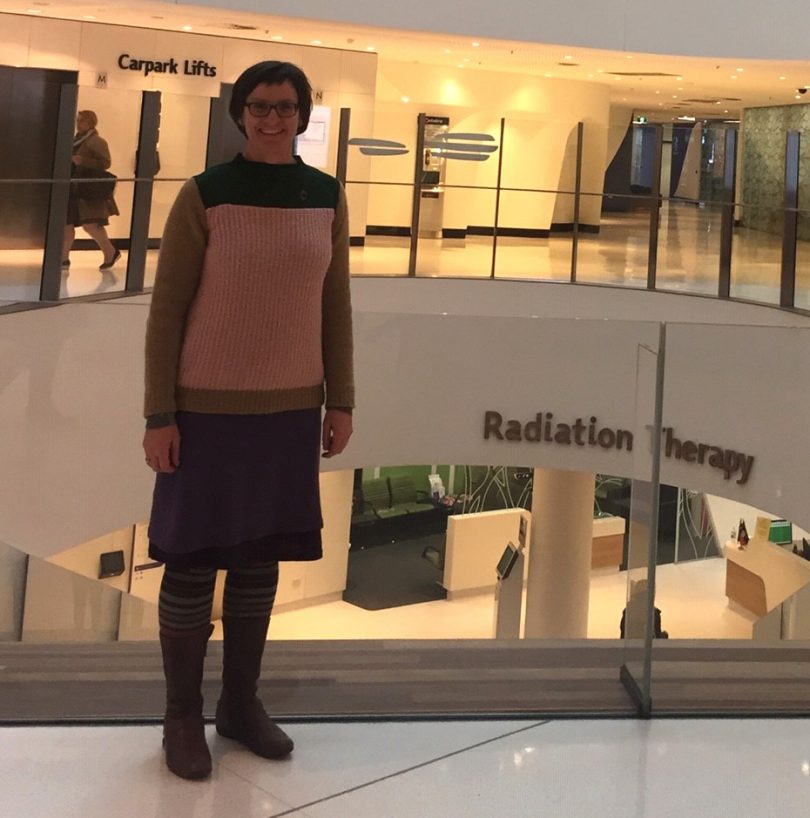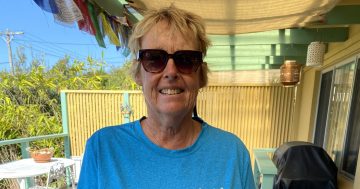
PremKranti is volunteering at the South East Regional Hospital. Photo: Supplied.
There’s nothing more certain than death but not many of us consider what our end-of-life time will be like.
I think about my own death now and then, maybe more than most – I’m a 15-year cancer survivor. So far so good. But my death, and maybe it won’t be cancer-related, is still there in front of me. Who will be there to help me work through my big questions, reflections and resolutions towards the end?
My latest round of end-of-life thinking has been triggered by my meditation teacher, PremKranti, who recently completed a 12-week internship in spiritual care at the highly respected and innovative Peter MacCallum Cancer Centre (Peter Mac) in Melbourne.
PremKranti offers compassion, support and open-hearted spiritual care to people who are dealing with health challenges, hospitalisation and their own mortality.
“Spiritual care is about having an honest connection with a person and giving them time to explore the deeper meaning of what’s happening for them,” she explians.
“It could be at the end of their life or at a time of coming to terms with treatment or a difficult diagnosis.”
Over the last two and a half years, PremKranti has been studying towards a spiritual care qualification which has involved hundreds of volunteer clinical hours at the South East Regional Hospital (SERH) in Bega.
Dedicating three months solely to her formal studies in Clinical Pastoral Education has been a big leap of faith for PremKranti – financially and personally, and has meant putting her yoga and mindfulness business on hold, leaving her partner and her home for that time.
“When I found out I’d been accepted into the internship at Peter Mac, my heart just went YES! This is what I’m meant to be doing.”
As part of her internship, PremKranti had supervised responsibility for 16 patients each day and the course also involved assignments and clinical reports.
“Working on the oncology wards felt like such a privilege – to be part of a medical institution that truly values the care of the spirit,” she says.
“At Peter Mac, spiritual care is completely integrated into the health facility with paid positions for spiritual carers.
“Spiritual carers are part of the allied health department, they work with the patient care team and spiritual care is available 24 hours a day, 7 days a week.”
It’s a diffrent story closer to home. There is no hospice in the Bega Valley; options for dying are limited to the home or an institution and PremKranti sees a growing demand for spiritual care for palliative patients whether in the community or in a hospital setting.

PremKranti at the Peter MacCallum Cancer Centre. Photo: Supplied
With that in mind, she is forging a connection with the palliative care and oncology teams at SERH, where she’s continuing to provide spiritual care as a volunteer. She hopes that will change in the future and that one day a paid position will be based at the hospital.
“I’m trusting that my skills are recognised, valued and made use of.”
“Being able to have an immersive experience at a quality institution like Peter Mac has been key for me and my work,” says PremKranti.
Traditionally, spiritual care or pastoral care has had a religious focus. However, PremKranti feels there is a shift towards a more secular context to meet the needs of a broader range of people and changing demographics.
PremKranti’s own style of spiritual care is based on her 30 years of practising and teaching yoga and mindfulness. But it was the experience of being part of the dying process of a good friend about three years ago that set her on this path towards becoming a spiritual care practitioner.
“I found that I had the qualities needed; someone who can leave their own problems and even their own grief outside the room, to be able to be very present and meet the patient where they’re at,” she says.
Words by Linda Albertson
Support and information…
Cancer Council of Australia – cancer.org.au or 13 11 20
Cancer Council NSW – www.cancercouncil.com.au
PremKranti – www.premkranti.com
The Bega Valley Home Hospice Group was established in 2012 with the aim to “Improve the experience of the end of life process. Advocate for the establishment of hospice houses in towns and villages in the Bega Shire. Increase and improve current palliative care services throughout the area.”
“The group wishes to address the gap between the person’s wish to die at home and current practice. A recent survey found while 70 per cent of Australians say they want to die at home, only 16 per cent actually do.”
You can connect with them via their Facebook page.








